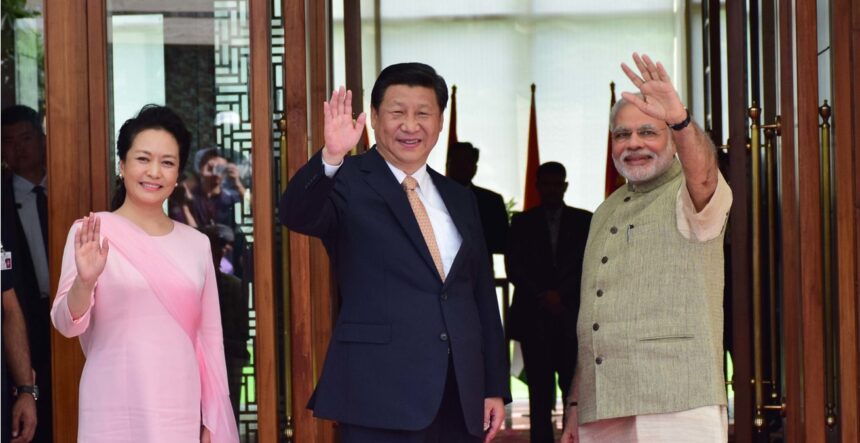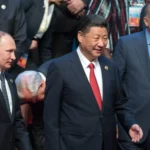Summary by Geopolist | Istanbul Center for Geopolitics:
The article delves into the intricate and multifaceted relationship between India and China, two of the globe’s largest economies. In spite of ongoing geopolitical tensions and unresolved border disputes, the economic interdependence between the two nations is significant, with both playing vital roles in the formation of global supply chains.
The trade volume between India and China exceeded $135 billion in 2022, underscoring the significant economic relationship that persists despite ongoing political tensions. China serves as an essential partner for India, providing significant goods including electronics, machinery, and pharmaceutical ingredients, whereas India exports raw materials such as iron ore, agricultural products, and cotton to China. Their interdependence is especially evident in key sectors such as technology, pharmaceuticals, and renewable energy, where collaboration bolsters global supply chain resilience. For example, China’s dominance in manufacturing aligns with India’s efforts to expand its industrial base through initiatives like “Make in India.”
Nevertheless, the relationship is fraught with challenges. Geopolitical rivalry remains a defining feature, fueled by ongoing border conflicts and incidents such as the 2020 Galwan Valley clashes, which have deepened mistrust. India’s growing alignment with Western powers, as seen in its participation in the Quad, contrasts with China’s ambitious Belt and Road Initiative, further intensifying strategic competition.
Notwithstanding these conflicts, economic pragmatism often supersedes political strife. Both nations recognize the reciprocal advantages of sustaining economic relations and the substantial costs associated with disengagement. This acknowledgment has resulted in ongoing investments and collaborative enterprises, especially in sectors such as renewable energy and consumer electronics. Nonetheless, their collaboration encounters obstacles, including escalating nationalist sentiments and global transformations like the U.S.-China trade decoupling, which introduce further complexities.
The article emphasizes that the economic relationship between India and China has substantial ramifications for global markets. Their capacity to reconcile strategic competition with economic cooperation is essential not just for their bilateral ties but also for the stability and efficacy of global supply networks. This dynamic highlights the challenges and opportunities present in a connected and competitive global landscape. The manner in which India and China manage this contradictory relationship will significantly impact their future economic paths and global positions.
Read more here.







